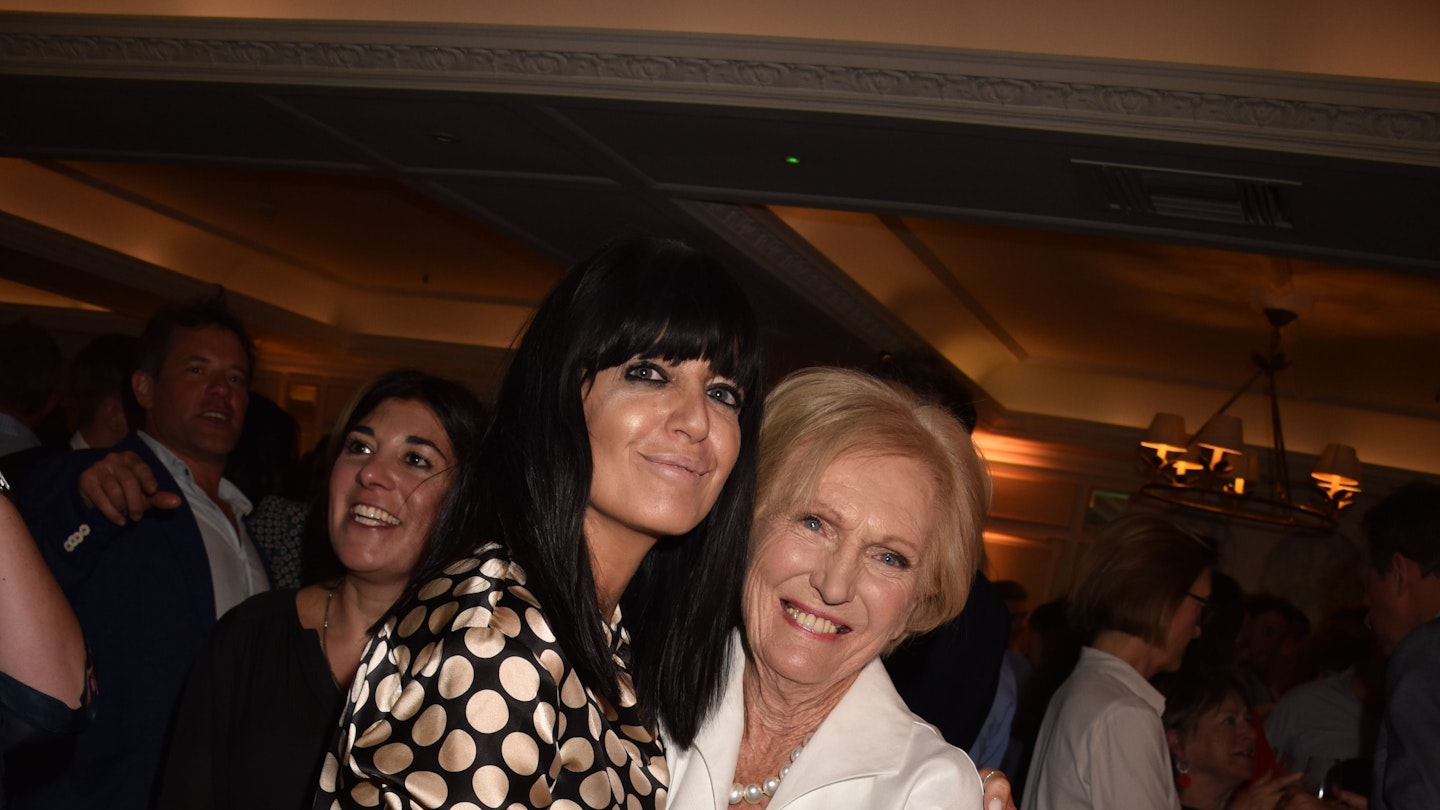After the widespread disappointment over the BBC's gender pay gap last year, there were hopes that the second annual release of the broadcaster's highest earners would demonstrate some progress. The unfortunate reality is, however, that not that much has changed just yet.
The BBC's top earners are still men. There was a modest reshuffle at the top with Match of the Day host Gary Lineker has overtaking Chris Evans as their best-paid person who has taken home £1.75m-£1.76m in the last year, however the BBC News reports that top of the 2018 list remains distinctly male.
The list reveals who of the BBC's on-air talent earned more than £150,000 in the 2017/2018 financial year. Last year's outcry was spurred by the fact that the top seven best paid people were men, and in 2018 men continue to disproportionately dominate the top of the list even more so - they now make up the top 12 earners.
In 2017 the BBC made some changes to their structure which means some of the corporation's high earning on-screen staff are no longer included on the list. Shows made by BBC Studios, a subsidiary that's responsible for some of their most television popular shows, have now been omitted.
Positively, there have been a few new female additions to the high-earning list, though. While Claudia Winkleman remains the top earning woman (though with an income in the £370,000-£379,999 bracket, she's still placed significantly below the likes of Gary Lineker and Chris Evans), Mary Berry at £190,000-£199,999 and Emily Maitlis from Newsnight with £220,000-£229,999 have both broken into the group.
Europe editor Katya Adler (£170,000-£179,999) and Radio 4 presenter Sarah Montague (£160,000-£169,999) are also new entries earning alongside news presenter Tina Daheley who now earns between £150,000 and £159,999.
The rise in women and slight decrease to some of the men's pay packets comes after some of the BBC's top male presenters agreed to take pay cuts earlier this year following Carrie Gracie's resignation as BBC China editor in protest of unequal pay between the male and female international editors.
Ahead of today's release,it was announced that the BBC had managed to reduce it's mean and median gender pay gap from 10.7% to 8.4% and 9.3% to 7.6% respectively. However, despite the welcomed new addition to the £150,000 or more club, the updated list of high earners demonstrates expectedly slow progress towards balancing the scales.The BBC says that the proportion of women making the top pay list would reach 40% by March 2019, and would be 50/50 by 2020. By the looks of things the significant jumps and dramatic leveling of earnings tat we'd been hoping for are still yet to be made.
